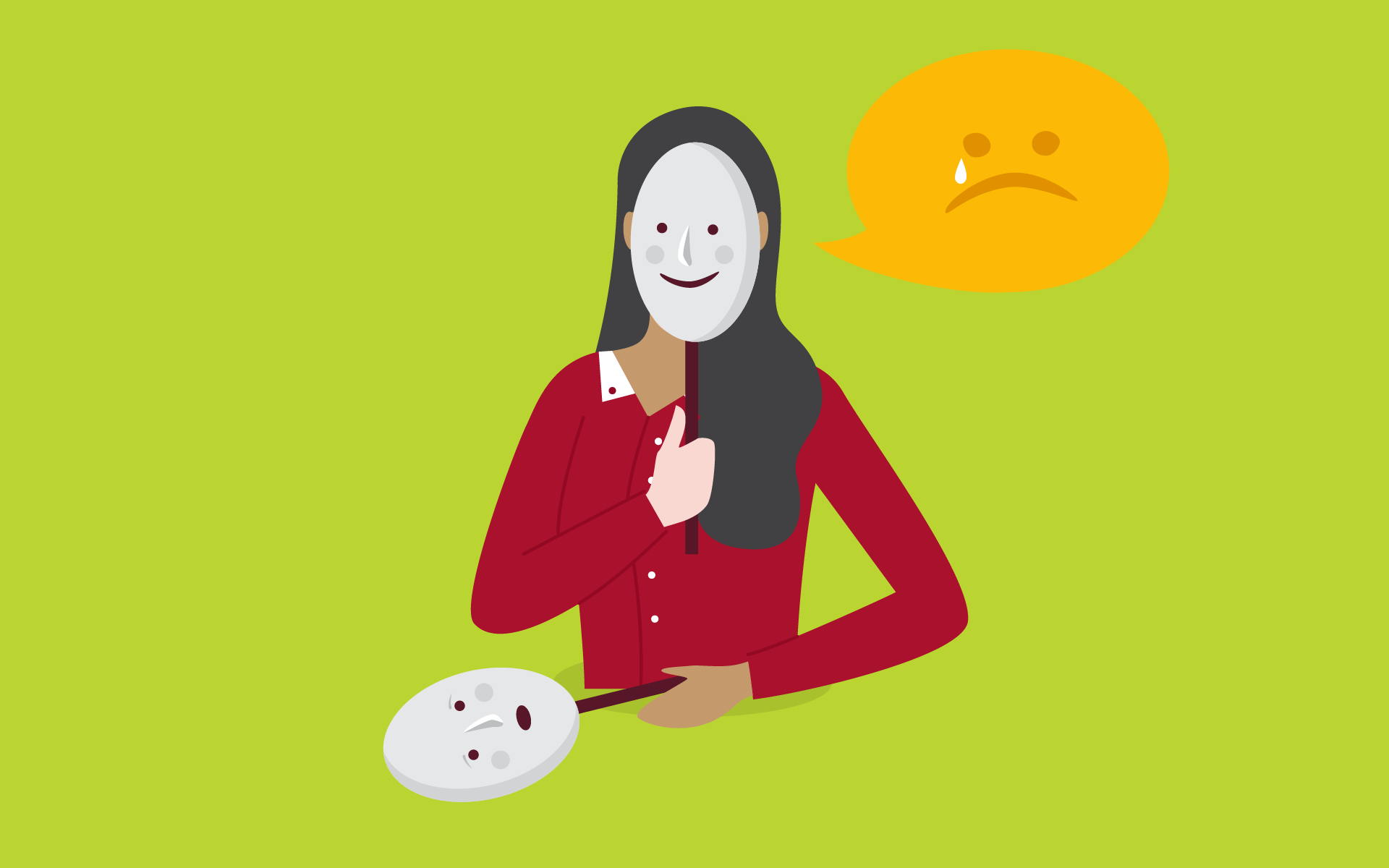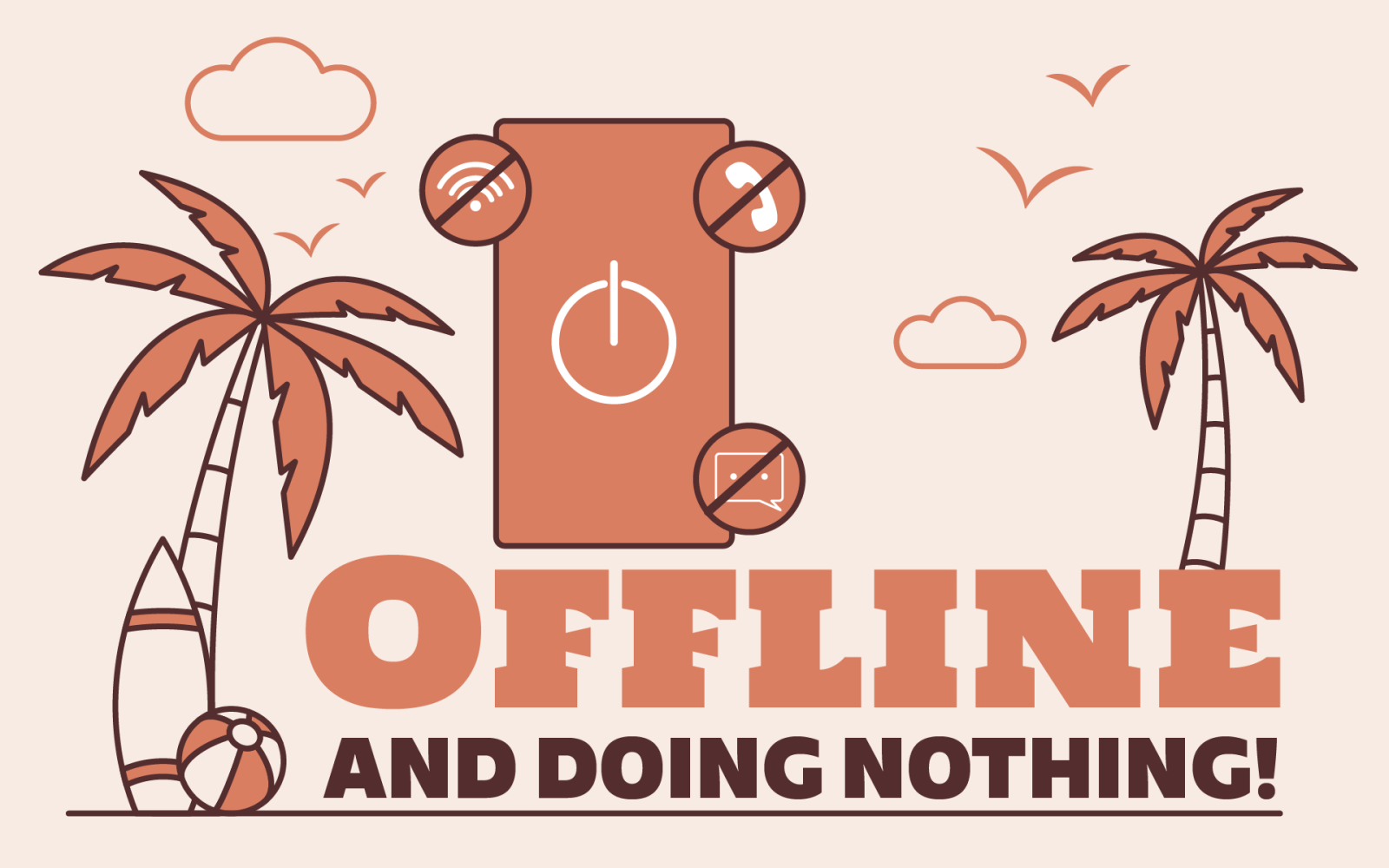Why you shouldn’t worry if you can’t always be happy

The pressure to be ever-upbeat can take its toll on our true emotions.
We all want to be happy. It’s a natural human instinct. It’s even embedded into those famous opening lines of the United States Declaration of Independence: “Life, liberty, and the pursuit of happiness.”
But the more society emphasises happiness as a primary goal, the more it becomes the chief measure of personal success.
By making happiness a commodity, something that must be pursued, achieved, and even purchased, it becomes a product, rather than a natural state of being. It feeds into the notion that we need something external to be happy.
In truth, happiness often comes from within. It’s about authentic connections, personal growth, self-acceptance, and finding meaning and purpose in life. These things can rarely be obtained through a purchase. They call for introspection, effort, and a willingness to embrace life’s ups and downs.
That’s why, in our instant-gratification society, we need to relearn to recognise, name, access, and live with our feelings, including the strong ones, such as love, joy, grief, fear, anger, frustration, disappointment, or shame.
A person who feels that their emotions are not “wrong” or inappropriate is more apt to have a solid sense of identity and self-worth.
If every cloud has a silver lining, that also means that every silver lining has a cloud. You might have heard someone say, “happiness is a choice”.
If you dare to feel unhappy, you may be seen as a failure. We feel coerced, obligated to smile, to confirm our membership of the human race. There is a phrase for that. Toxic positivity.
We sometimes yearn to reveal our moments of sadness and hopelessness. But we may fear the repercussions, from family members becoming alarmed, to colleagues distancing themselves, bosses seeing us as inadequate or weak, or friends trying to “solve” our emotions instead of just listening. And so we fake cheerfulness.
Toxic positivity can induce shame, making people feel that their genuine emotions aren’t valid. Instead of comfort, they feel like there’s something wrong with them for not always being upbeat.
It can cause guilt, through the unwritten rule that only positivity is allowed. If you’re not constantly optimistic, especially in hard times, you might feel you’re not normal.
It can brush aside our genuine emotions, leading us to doubt our reactions to unsettling situations.
And finally, toxic positivity can hinder growth. Genuine growth often comes from facing challenges. We miss out on opportunities to understand and evolve by sidestepping uncomfortable feelings.
Toxic positivity can be subtle. Learning to recognise the signs can help to identify this type of behaviour.
They include hiding your true feelings behind feel-good quotes, minimising other people’s feelings because they make you uncomfortable, and shaming other people when they don’t have a positive attitude.
When you are on the receiving end of positivity, even if it is well-meaning, you may feel overwhelmed. You may feel guilty about being sad, angry, or disappointed, disguising how you really feel, or about trying to “get over” painful emotions.
Here are some ways of coping with toxic positivity:
- Be realistic about what you feel: Difficult times can stir stress and anxiety. Embrace them, and look after yourself.
- Don’t be afraid to speak up: If someone’s relentless optimism feels dismissive, speak up. It can reshape the conversation and foster understanding. And in the workplace, it can help leaders to evaluate the impact of their statements and actions.
- Know that it’s okay to feel more than one thing: In the face of a challenge, it’s possible to feel nervous about the future and, at the same time, hopeful that you will succeed. Our emotions can be as complex as the situation itself.
- Filter Your Feed: Following “positive” social media accounts can sometimes be inspirational. If the content makes you feel guilt or shame, or just plain uneasy, it might be time to reassess.
- Trust Your Feelings: Every emotion that you feel is valid. This doesn’t necessarily mean you should act on every emotion that you feel. Give yourself time and space to process the situation and accept your emotions before jumping into action.
Remember, it’s not our emotions that cause us harm. All of us experience struggles. We cry, we hurt, we grieve, we fear, we lose, we get lost. It’s our inability to accept the emotion, to accept our common humanity, that is the real issue!




